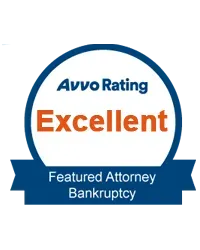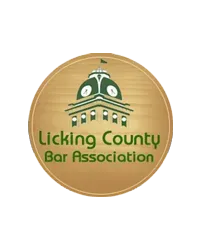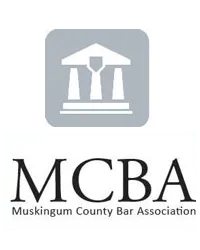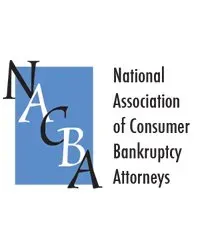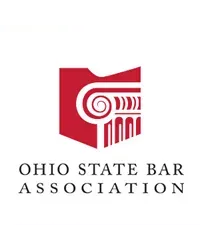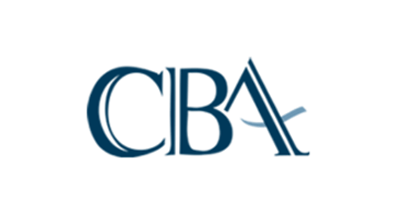Bankruptcy Legal Services in Newark, OH
When it comes to dealing with skyrocketing debt, we understand how frustrated and anxious you must feel. At Zellar & Zellar, Attorneys at Law, Inc., we can help you get control of your debt by helping you file for bankruptcy. While this may not seem like an ideal solution, sometimes it’s the only way our clients can get a foothold on their finances and move forward with their lives. Whether you’re considering bankruptcy due to unexpected medical costs, tax issues, a decrease in income or a divorce, you’ll find advocates in our team. We’ll give you expert counsel based on your unique circumstances, take care of paperwork filing and ensure you get the best possible outcome.
Don’t let your debt weigh you down a moment longer.
Contact the legal professionals at Zellar & Zellar today.

Comprehensive Debt Relief Solutions
While deciding to declare bankruptcy should not be taken lightly, the truth is many Americans use this legal recourse to eliminate debt that has stifled their ability to live. A wide range of people filing for bankruptcy do so because they have little to no health coverage and their medical costs have skyrocketed, in fact uninsured medical debt is one of the most common reasons for people in Ohio to file for bankruptcy protection and discharge. A job loss or failed business can also cripple your ability to make your payments or pay off debt. Even a divorce can have a huge impact on your monthly expenses and ability to make payments on time. At Zellar & Zellar, Attorneys at Law, Inc., we understand your concerns and we’re happy to provide you with compassionate legal counsel that best suits your specific needs. We’ve built relationships with countless clients throughout Ohio and we want to ensure you feel heard, respected, and cared for. We offer a wide range of debt relief solutions that include:
- Chapter 7 Liquidation
- Consumer & Small Business
- Creditor Representation
- & Much More
Chapter 7 Bankruptcy
If you’re considering bankruptcy to clear your debt, you should know the best option to suit your needs.
Chapter 7 bankruptcies standout as the most frequently utilized option.
Chapter 7 bankruptcy can clear most of your general unsecured debts such as medical bills and credit card debt without the need to pay back balances through a repayment plan. This can also stop most creditors from pursuing collection efforts, however this bankruptcy will have a significant impact on your credit report for up to seven years and may require you to sell off property to pay off the debt.
Chapter 7 bankruptcy is suited for low-income debtors with little or no assets or have discharged debt that exceeds the value of any property sold to pay off the debt.
Contact us today to find out how we can best serve you.



